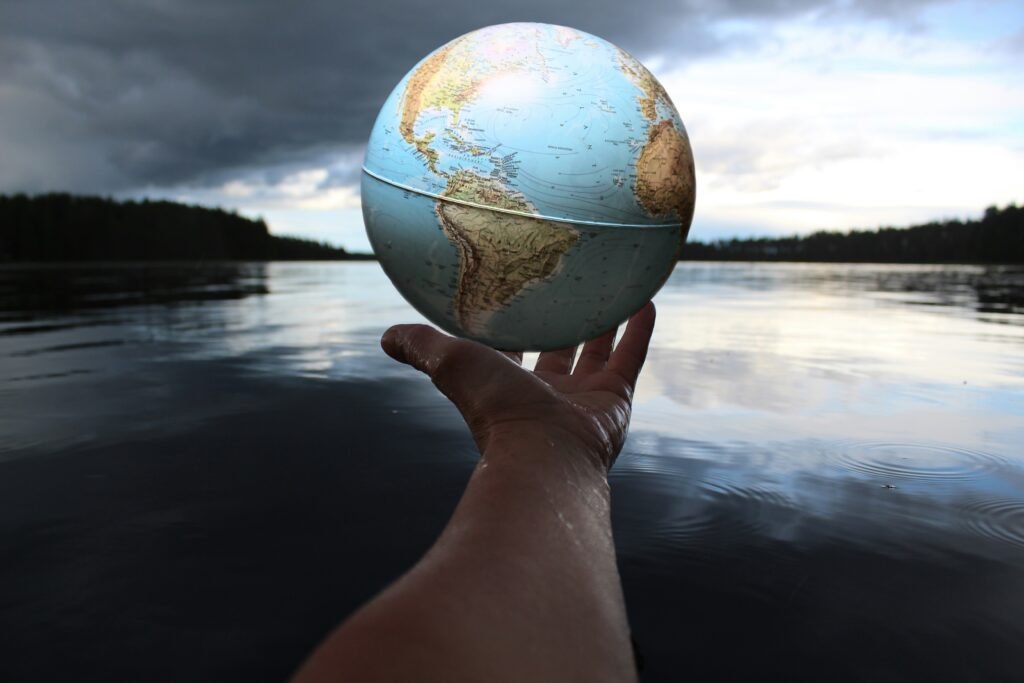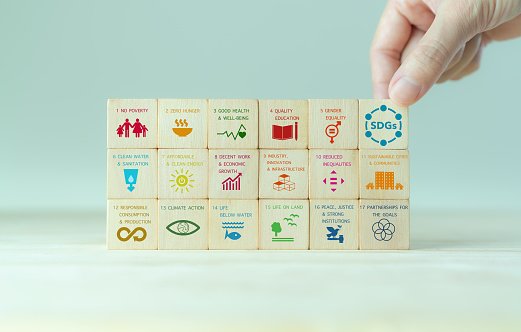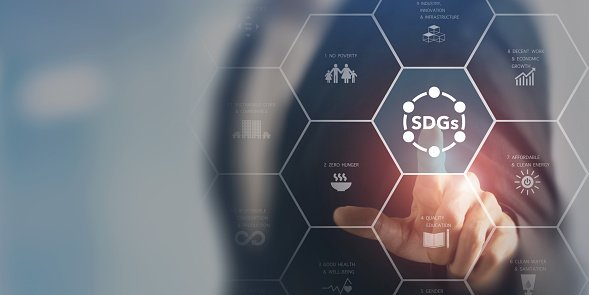Catalytic capital holds the key to Southeast Asia’s green transition

Clean energy policies in SE Asia improving but chronic issues impact payouts: SEACEF green fund manager
A fair energy transition is desperately needed in Southeast Asia given the growing climatic concerns the region is facing. Due to the region’s aggressive decarbonization ambitions, significant investment is needed; by 2050, it is predicted that $210 billion will be invested year. To assist emerging economies during this transition, cooperation on a regional and international level is important. To mobilize private capital, Southeast Asian nations are seeking $9 billion in concessional funding per year till 2031–2035. This highlights the importance of public-private partnerships. The region’s economies are at risk due to climate change, thus immediate action is required. Progress is shown by many alliances and programs, such as Vietnam’s PDP8 plan and Indonesia’s agreements to incorporate renewable energy. Nonetheless, a concerted strategy that prioritizes collaboration between the public and private sectors is essential. Since rising economies are expected to contribute significantly to future emissions, global support is also necessary. Finance redirected towards small and medium-sized businesses can promote sustainable growth and the creation of green jobs. A crucial role is played by philanthropic funding, especially through blended finance models such as SEACEF II, which presents creative investment approaches for clean energy entrepreneurs. To achieve a fair and financially sustainable transition to clean energy in Southeast Asia and beyond, it will be necessary to work together across sectors to close the climate funding gap, which is predicted to be $2 trillion yearly by 2030.
Cancer rates set to rise 77 per cent by 2050

© WHO/Gilles Reboux | An oncologist consults with a cancer patient at a hospital in Lyon, France.
By 2050, there will be over 35 million cases of cancer worldwide, according to the International Agency for Research on Cancer (IARC). Population growth, aging, and lifestyle variables like alcoholism, tobacco use, obesity, and air pollution are all contributing reasons to this increase. Richer countries will have the biggest absolute increase in cancer diagnoses, but low- and middle-income countries will witness a greater proportionate increase and nearly double fatality rates. Lung, breast, colorectal, prostate, and stomach cancers are among the common cancers; in sub-Saharan Africa, cervical cancer is especially common. Disparities still exist, most notably in the diagnosis and accessibility of breast cancer treatments. IARC’s Dr. Isabelle Soerjomataram draws attention to differences in survival rates that occur in less developed nations as a result of delayed diagnosis and subpar treatment. To overcome these disparities and enhance access to cancer care globally, the WHO highlights the critical need for international assistance.
Asia-Pacific off track on path to SDGs, UN data shows

© UNICEF/Farhana Satu | A polluted canal flows through a slum on the outskirts of Dhaka, the capital of Bangladesh.
The UN ESCAP’s 2024 SDG Progress Report identifies ongoing obstacles that Asia-Pacific must overcome to achieve all 17 Sustainable Development Goals (SDGs) by 2030. Poverty, inequality, and gender inequity continue to be major obstacles despite efforts. Marginalized communities, such as women, the impoverished in metropolitan areas, and those living in rural areas, have less access to work and educational possibilities. Due to specific vulnerabilities made worse by the COVID-19 pandemic, special care is required for small island developing states (SIDS), landlocked developing countries (LLDCs), and least developed countries (LDCs). Men face health and safety concerns, while women face lower rates of education and work. These are gender-specific obstacles. Inadequate access to clean cooking fuels, water, and sanitary facilities in rural locations can pose health risks, especially for women. With progress on all targets underperforming, Goal 13 on climate action requires immediate attention. To accelerate the region’s progress towards the SDGs, the research highlights the importance of incorporating climate action into national policy, building resilience to climate-related disasters, and boosting investments in renewable energy sources and sustainable infrastructure.
Innovation ‘imperative’ for securing rice production

Rice production must be adjusted to climate concerns, especially in developing nations where rice consumption is highest, according to Yvonne Pinto, the new director of the International Rice Research Institute (IRRI). Sustainable agricultural methods are essential due to the growing risk of drought in important rice-producing regions such as Asia and the expanding demand for rice in Africa. Repurposing straws for compost or animal feed are just a couple of the environmentally friendly solutions Pinto supports in place of conventional ways. She places special emphasis on providing farmers with incentives to embrace new inventions and technology, such as microbial mixes for the breakdown of straw and AI-driven solutions for sustainable farming. The creation of rice varieties resistant to climate change and the establishment of fair alliances with diverse stakeholders are two of IRRI’s initiatives. Pinto stresses how crucial it is to provide agricultural research more funds to address the problems of food security and climate change. Through teamwork and creative thinking, Pinto hopes to promote sustainable rice production, fight hunger, and reduce climate risks as she takes on leadership responsibilities in IRRI and CGIAR.
References
https://news.un.org/en/story/2024/02/1146127
https://news.un.org/en/story/2024/02/1146617
https://www.eco-business.com/news/innovation-imperative-for-securing-rice-production/



